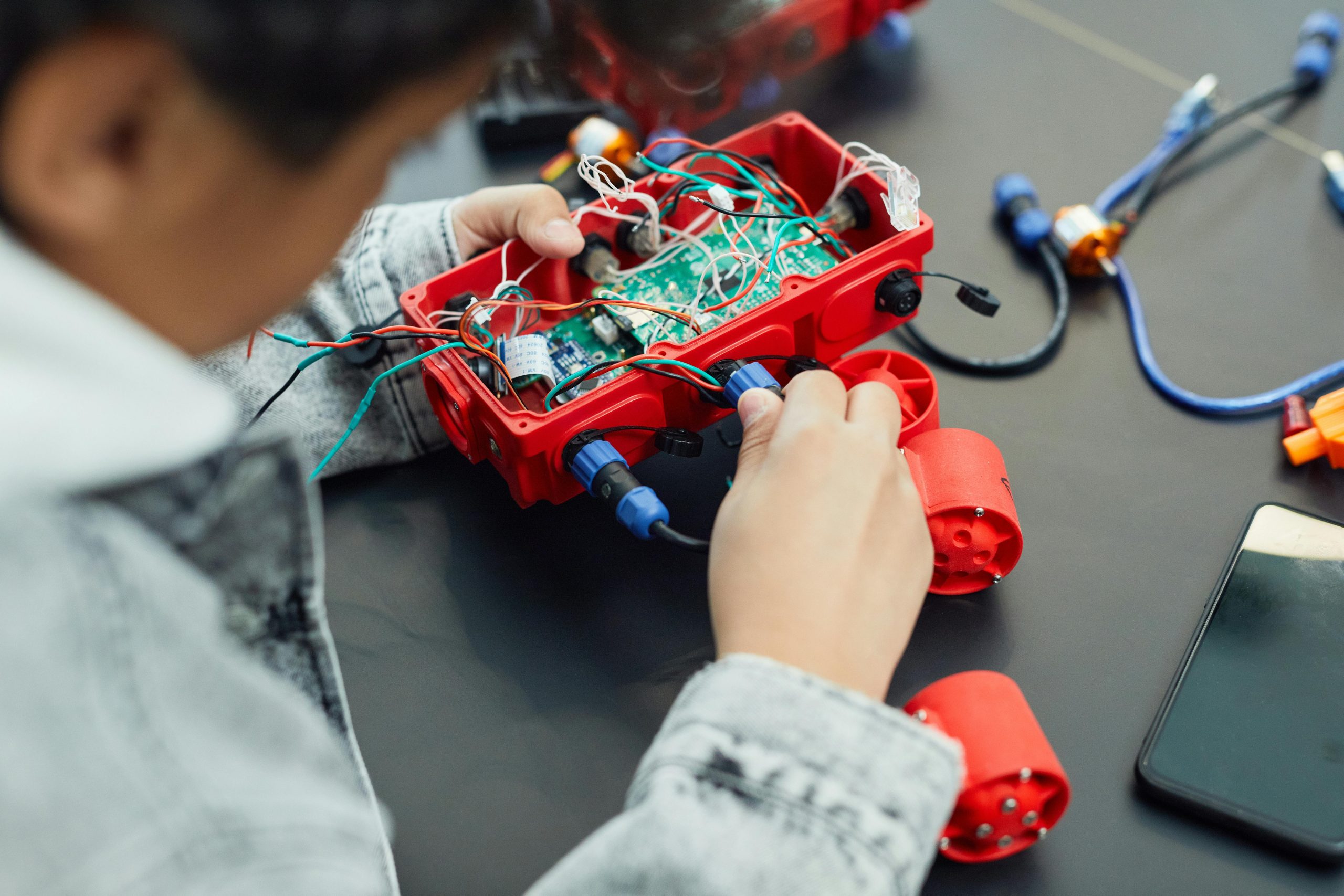In today’s digital world, coding has become an essential skill, much like reading and writing. Introducing kids to coding at an early age can spark creativity, improve problem-solving abilities, and prepare them for future careers in technology. The best part? You don’t need expensive software or courses to get started. With free tools and a little guidance, children can begin their coding journey in a fun and engaging way.
Why Should Kids Learn to Code?
Coding isn’t just for future software engineers—it’s a valuable skill for everyone. Here’s why kids should start learning to code early:
- Boosts Problem-Solving Skills: Coding teaches kids how to break down complex problems into smaller, manageable steps.
- Encourages Creativity: Kids can build games, animations, and websites, turning their ideas into reality.
- Improves Logical Thinking: Writing code requires structured thinking, which enhances reasoning abilities.
- Prepares for the Future: Technology is everywhere, and coding literacy will be a crucial advantage in many careers.
Beyond these benefits, coding can be incredibly fun. Many free tools make learning interactive and enjoyable, keeping kids engaged while they develop new skills.
Free Tools to Introduce Kids to Coding
There are numerous free resources designed specifically for young learners. Here are some of the best tools to get started:
Scratch
Developed by MIT, Scratch is a block-based programming language perfect for beginners. Kids can drag and drop code blocks to create animations, stories, and games. The platform also has a vibrant community where they can share projects and get inspired.
Code.org
Code.org offers free coding courses for all ages, featuring popular themes like Minecraft and Star Wars. Their Hour of Code activities provide bite-sized lessons that make learning accessible and exciting.
Blockly
Created by Google, Blockly uses a puzzle-like interface to teach coding concepts. It’s a great stepping stone before moving on to text-based programming languages like Python or JavaScript.
Tynker
Tynker offers free coding games and interactive lessons. Kids can learn by solving puzzles, building apps, and even programming drones or robots.
Khan Academy
Known for its free educational content, Khan Academy provides beginner-friendly coding courses in JavaScript and HTML/CSS. The step-by-step tutorials are perfect for self-paced learning.
Tips to Make Coding Fun and Engaging
Learning to code should feel like play, not work. Here are some tips to keep kids motivated:
- Start Small: Begin with simple projects to build confidence before tackling more complex challenges.
- Use Their Interests: If your child loves games, encourage them to code one. If they enjoy storytelling, have them create an interactive animation.
- Celebrate Progress: Praise their efforts and showcase their projects to family and friends.
- Learn Together: If you’re new to coding too, explore it as a team. This makes the experience more enjoyable and less intimidating.
- Encourage Experimentation: Mistakes are part of learning. Let kids explore and discover solutions on their own.
How to Support Your Child’s Coding Journey
As a parent or educator, your role is to provide guidance and encouragement. Here’s how you can help:
- Provide Access to Resources: Bookmark free coding websites and apps so kids can explore them anytime.
- Set Realistic Goals: Help them set achievable milestones, like completing a tutorial or building a small project.
- Join Coding Communities: Many online forums and local clubs offer support and inspiration for young coders.
- Be Patient: Learning takes time. Encourage persistence and remind them that every coder starts as a beginner.
Remember, the goal isn’t to turn every child into a programmer—it’s to equip them with skills that will serve them in any field they choose.
Conclusion
Coding is a powerful tool that opens doors to creativity, critical thinking, and future opportunities. With free resources like Scratch, Code.org, and Blockly, kids can start learning in an engaging, low-pressure environment. By making coding fun and providing the right support, parents and educators can help children develop a lifelong love for technology. Whether they dream of building video games, designing websites, or simply understanding how the digital world works, the journey begins with that first line of code.
